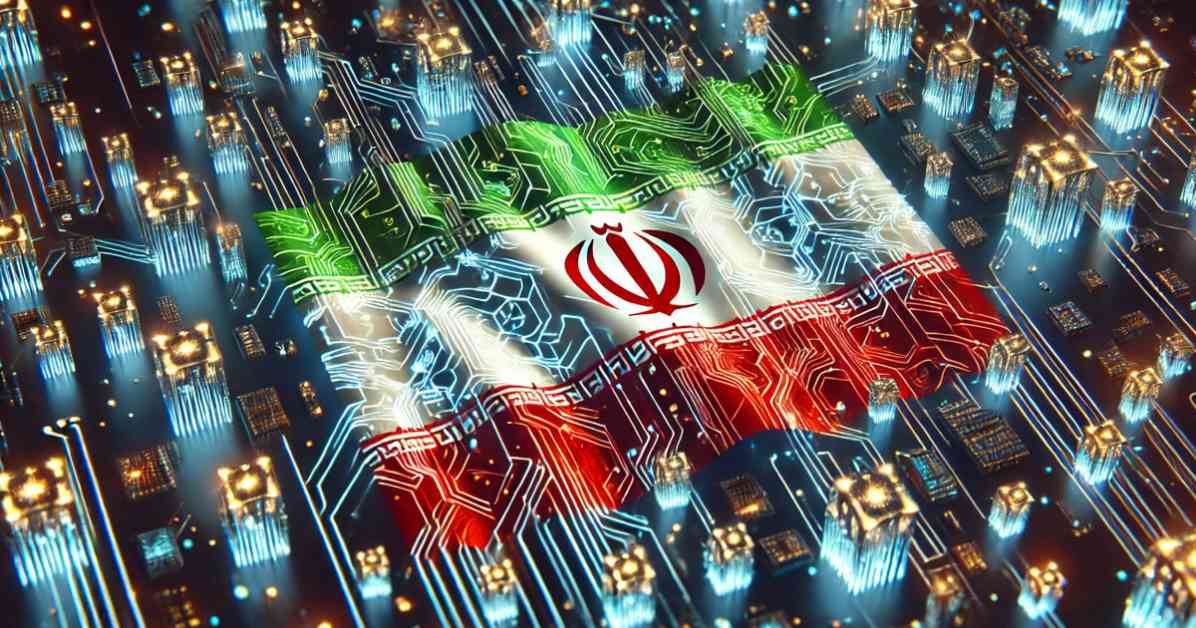Iran is set to launch a pilot program for its Central Bank Digital Currency (CBDC) on Kish Island starting in July. The digital rial, as it is called, will be used for transactions by banking network customers and tourists on the island. This digital currency will eliminate the need for paper bills, card transactions, and interbank settlements.
The Central Bank of Iran (CBI) announced that the digital rial wallet will allow users to make purchases and transfers between wallets using barcodes, without the need for physical money or bank cards. The CBDC will not require the use of bank accounts and will allow direct transactions between users without any intermediaries.
During the trial phase, two private banks, Mellat Bank and Tejarat Bank, will be participating alongside banking and payment networks. Kish Island, known for its 140,000 residents and 12 million annual visitors, was chosen as the location for this pilot program due to its status as a free trade zone, providing an ideal environment to test the digital currency.
The CBI highlighted the programmability of the digital rial as a key feature that could drive new business models such as e-commerce and digital economy. The aim of introducing the CBDC is to enhance payment infrastructure resilience, improve efficiency, create new payment tools, facilitate small payments, and manage risks associated with private money circulation. The digital currency is also expected to offer a high level of security and ease of use for transactions.
Iran has been working on developing its CBDC since 2021, with initial testing conducted in banks and shops in 2022 and a limited trial launched in 2023. There are also reports suggesting that Iran and Russia may explore the use of CBDCs to bypass international sanctions. Despite its progress in developing a digital currency, Iran maintains restrictions on local financial institutions regarding handling cryptocurrencies, although peer-to-peer crypto transactions continue to be popular.
Import companies in Iran are allowed to use cryptocurrency for business transactions, particularly to circumvent US sanctions. The introduction of the digital rial represents a significant step towards modernizing Iran’s financial system and embracing the potential benefits of digital currencies in the country’s economy.

